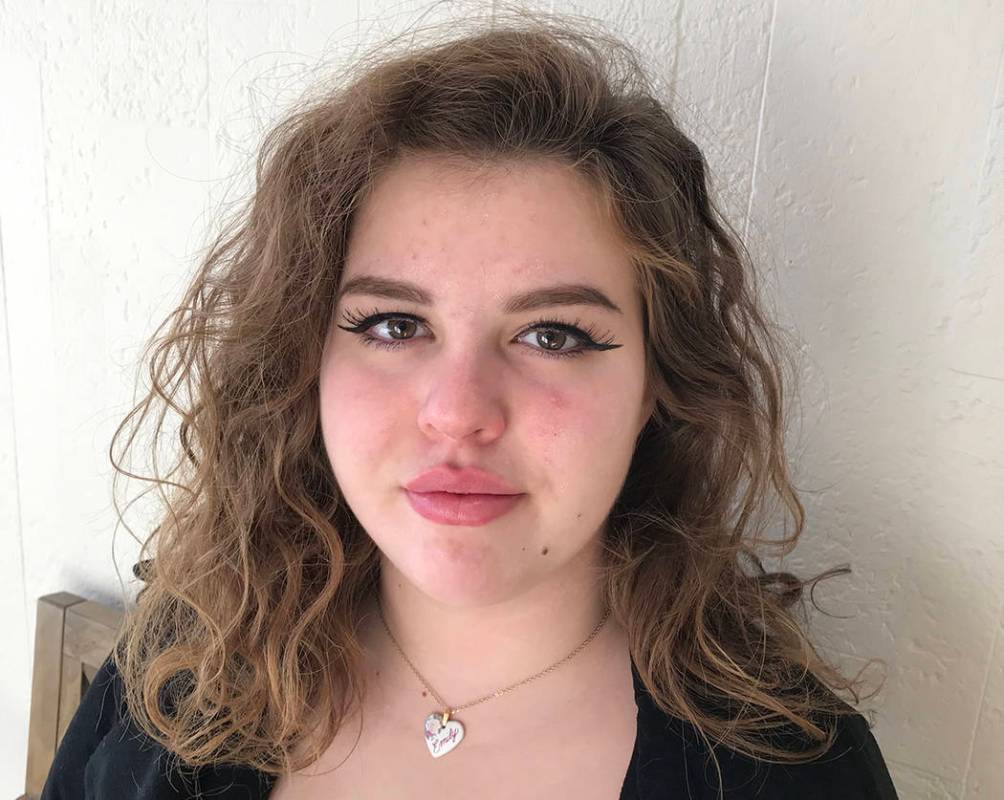
With every new year, young people are expected to integrate rather abruptly into adulthood. Something that’s part of “adulting,” or at least should be, is voting. Our little city just finished elections for this year. Unfortunately, it’s unlikely that these young people did vote.
About 50 percent of registered voters in all of Nevada are active. As part of the new voting group, I know that many in my age group are hesitant to cast a ballot.
The reasons vary, from being discouraged by their parents to just being scared because they aren’t educated on the issues. It’s also common that once anything “gets political,” people become uninterested because it makes them uncomfortable.
Not liking politics is a privilege. Being able to live in a bubble, staying in the dark and choosing not to get involved doesn’t make you neutral. Instead it makes you ignorant and, again, privileged.
There are many minorities who struggle every day to be treated equally. They have to continue to fight for laws to be put into place to try to protect themselves and their loved ones.
Another sad argument I’ve heard for not wanting to vote or engage in political conversations is that people don’t want politics to get in the way of any of their relationships.
They say this as if politics is an isolated, abstract concept that only matters at election time. A person’s political views are a glimpse into their worldviews. It’s whether they think certain human beings deserve rights. It can show how educated they are on sciences, races, genders and sexualities. It’s how they think the world should be.
A person’s political views can say a lot about them, and I think that scares many people — especially since people can become very hostile concerning politics.
But let’s think about why this happens.
When a person’s views are challenged and they aren’t too educated on the subject, it’s common for them to react angrily. They have no actual argument and it scares them that they can’t support what they believe. For a person blinded with fear and panic, anger is a natural reaction.
That’s not every reaction, but it’s absolutely one that people tend to worry about the most. That’s OK. You all have the right to be afraid of fighting with and losing people close to you.
However, people also have the right to surround themselves with those with whom they are morally compatible.
I’m not encouraging everyone to keep only like-minded people around them. That’s only going to create tunnel vision and not allow people to grow intellectually. I do encourage everyone to talk to those who differ from them and learn different points of view. After all, we are a world of different cultures, identities and experiences. Key things to know when deciding how to vote. Even in a smaller town like Boulder City, there’s some form of diversity.
That’s something we should all think about more when we decide on representatives and projects when we vote. By doing this, we’re a little closer to making a kinder, more inclusive community.
Emily Anderson is a student at the University of Nevada, Las Vegas. She can be reached at anderemily001@gmail.com.